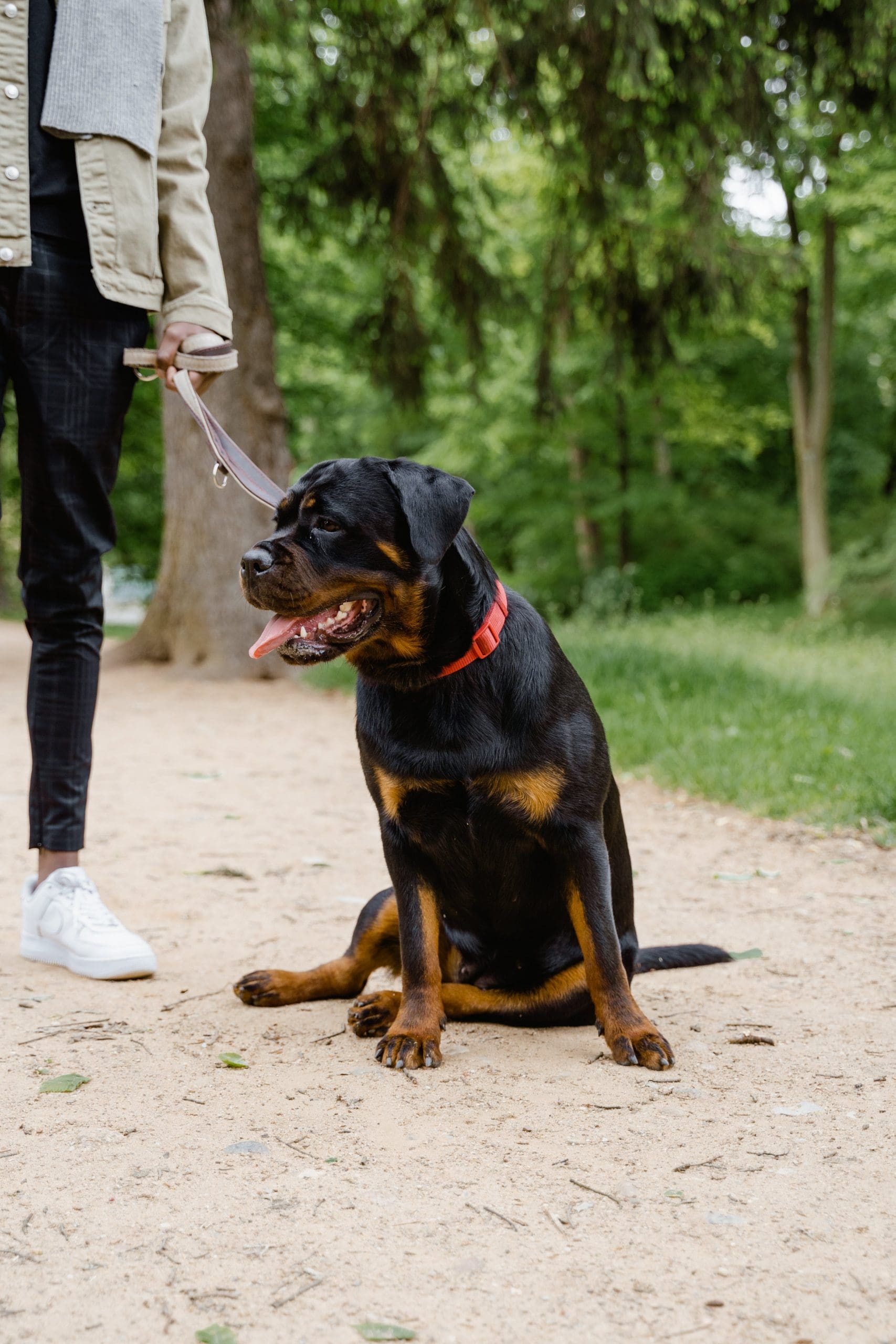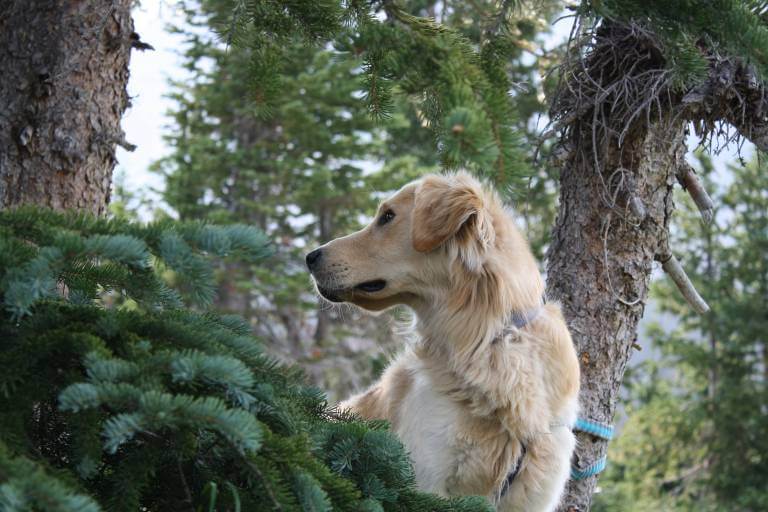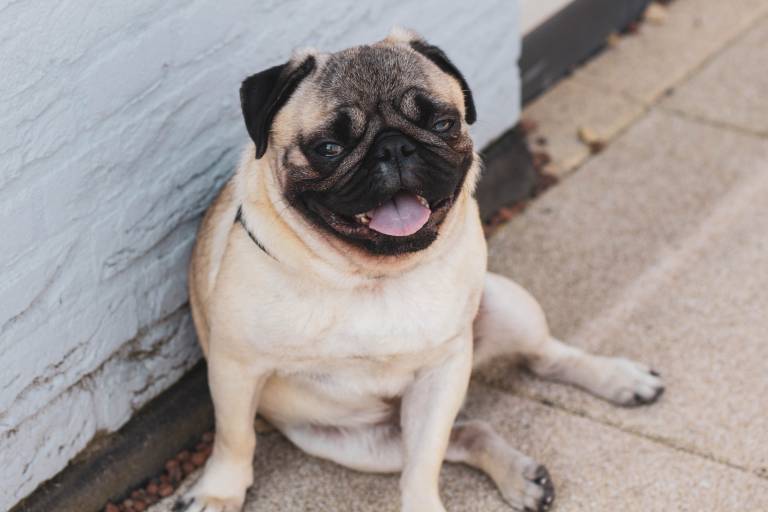My House Smells Like Dog No Matter How Much I Clean?
Post Date:
December 10, 2024
(Date Last Modified: December 10, 2024)
Many dog owners grapple with the challenge of a home that maintains a lingering dog odor, despite diligent cleaning efforts. This issue is common, and recognizing the reasons behind it can lead to effective solutions that enhance your living environment.
The Nature of Dogs and Their Scent
Dogs, by their very nature, have natural oils in their skin and fur, which contribute to a distinctive smell. This odor isn’t an indicator of poor hygiene; it’s simply part of being a dog. Factors such as breed, diet, and overall health significantly influence how a dog smells. Breeds like retrievers and hounds tend to have a stronger scent due to their fur and skin characteristics.
Even with regular grooming, these oils can permeate furniture, carpets, and walls. While cleaning removes surface dirt and odors, deeper smells can persist, especially if accidents occur indoors or if your dog rolls around in the yard. The scent can become embedded in various materials, making it difficult to eliminate entirely.
Grooming for a Fresher Home
Regular grooming is crucial in managing your dog’s scent. Bathing your dog every few weeks can be beneficial, but it’s essential to use a high-quality dog shampoo that preserves their natural oils. Overbathing can lead to dry skin, prompting your dog to produce more oil as compensation. In addition to baths, frequent brushing removes loose fur and dander, minimizing the materials that contribute to odors in your home.
Improving Indoor Air Quality
Indoor air quality plays a significant role in maintaining a fresh-smelling home. Odors can become trapped in indoor air, making them more noticeable. An air purifier can help filter out particles such as pet dander and hair, which contribute to that persistent dog smell. Opening windows for fresh air circulation can also work wonders. When weather permits, letting fresh air in can dilute lingering odors.
Thorough Cleaning Practices
Maintaining a clean home is vital. Regular vacuuming is necessary for removing pet hair and dander, but not all vacuums are equal. Investing in a vacuum specifically designed for pet owners can make a noticeable difference, as these models often have stronger suction and specialized attachments to lift hair and dander from various surfaces.
Consider deep cleaning your carpets and upholstery every few months. Professional carpet cleaning services can penetrate deep into the fibers, eliminating odors that standard vacuuming might miss. For fabric furniture, a steam cleaner can effectively sanitize surfaces and remove odors.
Caring for Dog Bedding and Toys
Dog bedding and toys can absorb odors over time, contributing to the overall smell in your home. Regularly washing your dog’s bedding and keeping their toys clean can help manage the scent. Opt for pet-safe detergents to ensure your cleaning routine is safe for your furry friend.
Managing Outdoor Smells
If your dog spends ample time outdoors, they may bring in outdoor smells. Establishing a designated area for cleaning your dog’s paws after outdoor play can help maintain a fresh home. Using a damp cloth or pet wipes can effectively remove dirt and allergens before they spread throughout your living space.
The Role of Diet in Odor Control
Diet can influence how your dog smells. A high-quality diet promotes healthier skin and fur, reducing odors. If an unusually strong smell arises, discussing your dog’s diet with a veterinarian may be beneficial. They may suggest dietary adjustments or supplements to improve overall health and minimize odors.
Addressing Dental Health
Another common source of unpleasant smells stems from your dog’s mouth. Dental health is crucial for your dog’s well-being and can significantly impact their scent. Regular dental care, including tooth brushing and dental treats, can help manage breath odors. Persistent bad breath warrants a consultation with a veterinarian, as it may signal underlying health issues.
Cleaning Hidden Areas
Cleaning involves addressing the root causes of odors, including hidden spaces where pet smells can linger. Areas beneath furniture, behind appliances, and in corners often accumulate pet hair and dander. Taking the time to clean these spots can help diminish the overall scent in your home.
Utilizing Odor-Neutralizing Products
Using odor-neutralizing products can also be effective. Look for pet-safe sprays or air fresheners designed to eliminate odors instead of merely masking them. Baking soda serves as a natural odor absorber that can be sprinkled on carpets and upholstery before vacuuming. Additionally, vinegar acts as an effective natural cleaner that neutralizes smells, but always ensure that any products used are pet-safe.
Creating a Dog-Friendly Environment
If thorough cleaning doesn’t alleviate the dog smell, consider the layout of your space. Designating specific areas for your dog can help contain odors. Establishing a dog-friendly space with washable floors and surfaces simplifies cleaning efforts.
Living with a dog brings immense joy, but it also presents unique challenges. The bond you share with your pet is worth the extra effort to maintain a comfortable environment. Understanding the various factors contributing to odors empowers you to take actionable steps toward a fresher-smelling home.
Being proactive about cleaning, grooming, and maintaining your dog’s health can significantly reduce stubborn odors. With dedication and the right strategies, you can create a welcoming home that smells fresh. Each dog is unique, and finding the most effective methods for your home and pet may require some experimentation, but it is entirely achievable. Embrace the joy that dogs bring into your life, knowing that managing their scent is just part of the journey.






